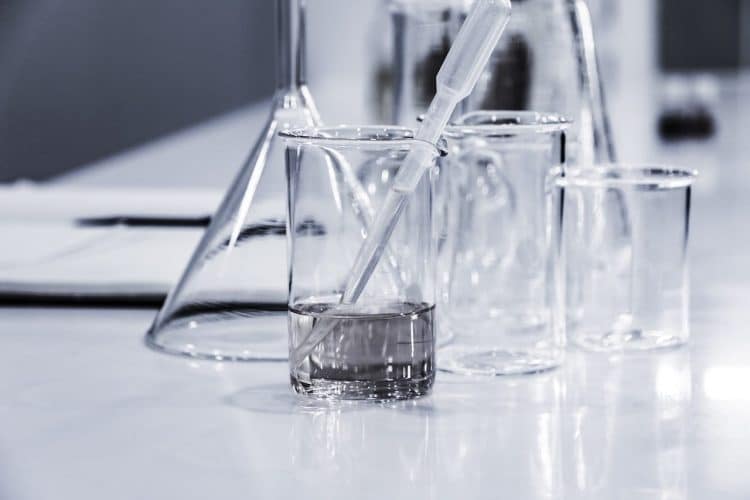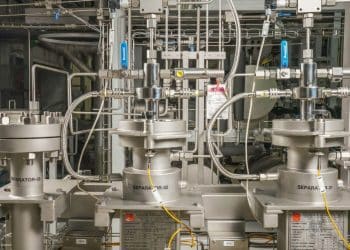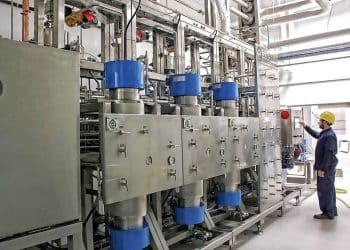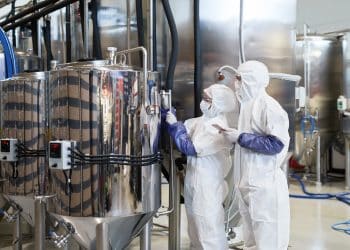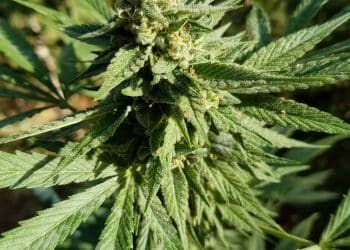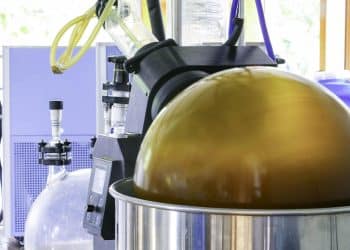Glycosylation is chemical modification reaction that occurs when a carbohydrate is attached to a lipid, polypeptide, polynucleotide, another carbohydrate, or some other organic compound by an enzyme. [1] In relation to cannabis, glycosylation is of increasing attention because it makes cannabinoids more water-soluble, and thereby more bioavailable upon consumption. This is of interest, as water-soluble cannabinoids enter the bloodstream faster than fat-soluble cannabinoids and the desired therapeutic and/or psychoactive effects will be experienced more quickly.
Traditionally, cannabinoids have been classified as lipophilic (fat-soluble) meaning that they break down in fats within the body while also being highly hydrophobic, making their delivery methods small in number. [2] The process of glycosylation transforms naturally lipophilic cannabinoid molecules into hydrophilic (water-soluble) molecules that can be more readily absorbed into the body and distributed to the endocannabinoid system. Glycosylation improves the water solubility of many natural compounds, including cannabinoids like CBD and THC. [3]
In more basic terms, converting cannabinoids into water-soluble forms involves adding a sugar molecule to the cannabinoid. Sugars are highly hydrophilic, so this addition, in turn, makes the cannabinoid more water-soluble. Aside from being more easily absorbed by the body, water-soluble cannabinoids are desirable in products such as cannabis-infused beverages, where water-based materials are the bulk of the product being offered for sale. Many cannabis beverage companies still infuse their products through emulsification, which can create higher equipment costs and not always lead to well-mixed cannabis infusions. Glycosylation offers an alternative method for these companies to add cannabinoids to liquid products while creating an end-result that is more desirable to consumers in appearance and effect.
Water-soluble cannabinoids are of increasing interest to scientists, business owners, and consumers within the cannabis industry. Glycosylation is a promising means of converting cannabinoids into water-soluble forms that can be applied in numerous products and medications. Research into this process is ongoing but should lead to new developments within the industry and directly applies to the extraction market. A batch of cannabis extract can now potentially be converted from fat-soluble oil into a glycosylated, water-soluble product through means available to most cannabis producers.
Works Cited
- Varki, A. et al. Essentials of Glycobiology (2nd Edition) Cold Spring Harbor Laboratories Press 2009. NCBI. Web. 13 May 2019. https://www.ncbi.nlm.nih.gov/books/NBK1908/
- Harman, J. et al. Cannabinoid glycosides: In vitro production of a new class of cannabinoids with improved physicochemical properties. Jan. 2017.
- Wu, Cheng-Zhu, et al. “Enzymatic Glycosylation of Nonbenzoquinone Gledanamycin Analogs via Bacillus UDP-Glycosyltransferase”. Appl Environ Microbiol. 2012; 78(21): 7680–7686. Journal Impact Factor = 1.866 Times Cited = 38
